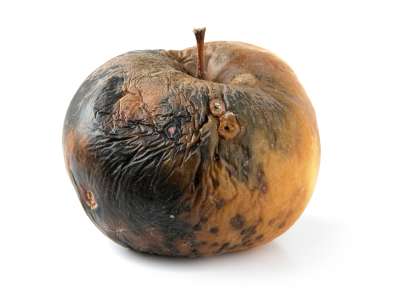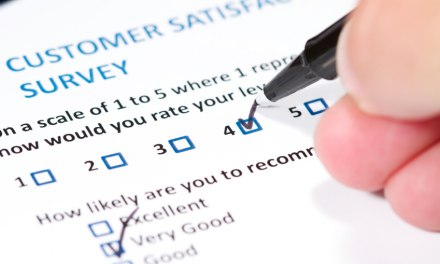This study out of Massachusetts General Hospital examined the impact of different terminology in reducing stigma associated with opioid disorders:
Medical terms for opioid addiction don’t always reduce stigma, study finds
It’s well-known that stigma around drug use can interfere with people’s willingness to seek or accept treatment. Same problem that afflicts AIDs and STDs and a number of other diseases. Nevertheless, the issue may be more complicated than we thought. After comparing the reaction to various terms, ranging from disease to generic ‘problem’, they concluded that there was “not one single term that can reduce all potential stigma biases.”
For instance, characterizing opioid addiction as a chronic relapsing brain disease appeared quite effective when it came to reducing the patient’s tendency towards self-blame. We knew that. However, the research also suggested that medical language may add to public perception of the user as needing to be excluded from normal society – that may help explain why there’s still so much public support for incarceration, despite research suggesting it doesn’t work.
They found that a neutral descriptor such as ‘problem’ increased the user’s sense of hope and self-efficacy when it came to change. That aligns with current thinking about motivation. Might be a transient sense of power, however. It may not survive the realities of lapse and relapse.
Logically, the disease model shouldn’t threaten anyone’s belief in their own ability to recover, any more than a diagnosis of diabetes or hypertension suggests you can’t treat those illnesses. It just changes the parameters for recovery, from anticipating a complete cure, to preparing to manage a chronic condition.
That, I would argue, is a far more realistic standpoint from which to begin and (hopefully) maintain recovery.
I’ve met countless recovering persons who point to acceptance of addiction as a disease as a turning point. It helped them put an end to a futile “war” to regain control over substance use. That’s a stage where many get stuck, while, in the words of one, “getting my ass kicked.”
Sometimes we forget that the greatest resistance to the disease concept was within the healthcare fields as well as many religious communities. It was based on the prevailing view of the era, that the addicted were weak-willed, morally corrupt, and characterologically inferior. Took a long, long time for that to change.
It was recovering patients who ultimately taught that lesson to the professionals. Not the other way around.
Anyway, the researchers recommend we in the field pay closer attention to the language we use when speaking about opioid use. Don’t see why that wouldn’t apply to all addictions. We might refer to drug ‘problems’ when we explain treatment to the public. Yet portray addiction itself as a chronic disease — something amenable to treatment, if not offering a cure.
A really good patient education program should go a long way towards achieving that goal. How good is the one you’re familiar with? It’s an area where improvements can be made.













